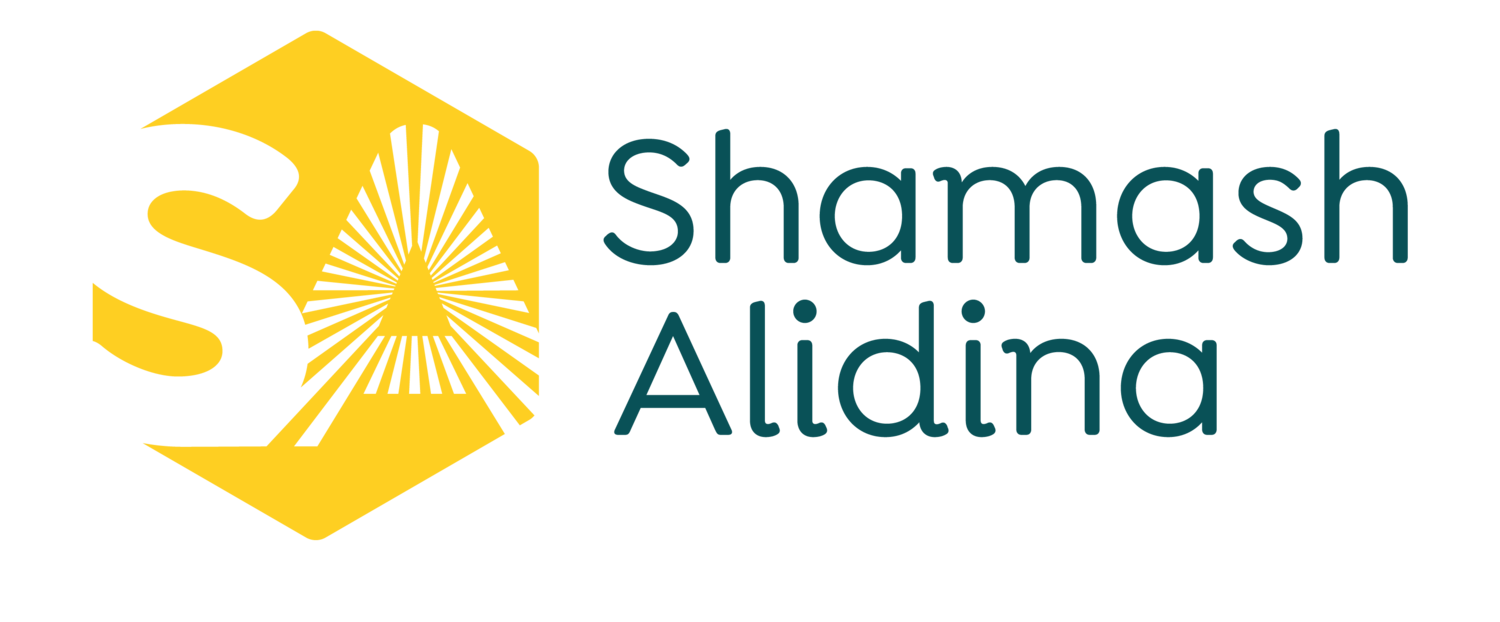Reinventing Organisations: A New Future that’s Emerging?
/I love reading. And in the last two weeks, I’ve been reading and studying the book ‘Reinventing Organisations’ by Frederic Laloux. I’d heard about it before, and touched upon it, but my friend Mimi who runs a wonderful refugee project in Greece was reading it and by glancing upon the pages, I got hooked!
Frederic argues that modern organisations are broken and appear to be dying. Working within the hierarchy of a pyramid, people in the bottom seem to be around 85% disengaged in their work, on average, in many large organisations. And things at the top of the organisation aren’t much better - leaders feel overwhelmed by work, emails, decisions and have to show a brave face but are suffering inside. And this is not just corporate organisations. Teachers are leaving the education system in droves due their frustrations with the system. Doctors and nurses are leaving the health profession due to the way they’re treated in hospitals.
So, is there another way?
Frederic didn’t know, so he began to research. He was intuitively called to do. After several years of research and writing, he self-published the book with pretty much no marketing. And yet, the book has sold over 350,000 copies!
He thinks it is our current belief system that is shaping our organisations, and if we shift our belief systems, it’ll shift the way organisations operate - becoming more soulful, meaningful places to be.
Frederic shares that human evolution of consciousness from its earlier forms to the complex forms of consciousness in modern society hasn’t changed gradually. Human consciousness has gone in stages - just like a caterpillar turns into a butterfly in one go rather than gradually.
So organisations as we see them today are simply a reflection of our current worldview, or stage of development.
Here is an image of them:
Red - Impulsive (like a Wolf-Pack)
CHARACTERISTICS
Constant exercise of power by chief to keep
troops in line.
Fear is the glue of the organization.
Highly reactive, short term focus.
Thrives in chaotic environments.
LEADERSHIP STYLE
predatory
EXAMPLES
Mafia
Streetgangs
Tribal militias
KEY BREAKTHROUGHS
Division of labor
Command authority
Amber - Conformist (like an Army)
CHARACTERISTICS
Highly formal roles within a hierarchical pyramid.
Top down command and control (what and how).
Stability valued above all through rigorous processes.
Future is repetition of the past.
EXAMPLES
Catholic church
Military
Most government agencies
Public school systems
LEADERSHIP STYLE
Paternalistic-authoritative
KEY BREAKTHROUGHS
Formal roles (stable and scalable hierarchies)
Processes (long term perspectives)
Orange - Achiever (like a Machine)
CHARACTERISTICS
Goal is to beat competition; achieve profit and growth.
Innovation is the key to staying ahead.
Management by objectives (command and control on what; freedom on the how).
EXAMPLES
Multinational companies
Charter schools
LEADERSHIP STYLE
goal and task-oriented, decisive
KEY BREAKTHROUGHS
Innovation
Accountability
Meritocracy
Green - Pluralistic (like a Family)
CHARACTERISTICS
Within the classic pyramid structure, focus on culture and empowerment to achieve extraordinary employee motivation.
EXAMPLES
Culture driven organizations
(e.g. Southwest Airlines; Ben & Jerry‘s )
LEADERSHIP STYLE
Consensus oriented, participative, service
KEY BREAKTHROUGHS
Empowerment
Values-driven culture
Stakeholder model
Teal - Evolutionary (like a Living Organism)
CHARACTERISTICS
Self-management replaces hierarchical pyramid
Organization is seen as a living entity, with its own creative potential and evolutionary purpose.
EXAMPLES
Patagonia
FAVI
Buurtzorg
LEADERSHIP STYLE
Distributed leadership, with inner rightness and purpose as primary motivator and yardstick
KEY BREAKTHROUGHS
Self management
Wholeness
Evolutionary purpose
Understanding Teal Organisations
To me, teal organisations form due to very positive beliefs about other people, and according to Frederic, thousands of organisations are now working like this. I love that this appears the way organisations are beginning to form - exciting!
They seem to work on three breakthroughs:
Self-management - They believe people can be trusted, and are fully capable of making quality decisions, if they have all the information available to them. So anyone can make any decision, including how much they can get paid, buying expensive machinery and hiring staff. Yes, there are systems in place to ensure the decisions are reasonable, such as an advice process, but ultimately anyone can make any decision. That’s empowering, big time!
Wholeness - People are invited to bring their whole selves to work. Meetings are run in a way so that it’s not about ego-battles - it’s about be true to yourself. Moments of silence and reflection are valued way to achieve this
Evolutionary Purpose - In Teal organisations, the organisation is believe to have a living energy of its own. Instead of trying to predict and control the organisation, the team members are invited to ‘listen and sense’ where the organisation wants to go and what purpose it wants to serve.
I’d LOVE to hear what you think of this, and if you work in such an organisation, or wish to!
Further Resources
Nice book based on text and drawings
Short Video on Reinventing Organisations
Long, excellent video by Frederic Laloux
One of Frederic’s recent articles
Excellent powerpoint presentation
Frederic’s excellent series of training videos
If you’d like to learn more about my approach of combining mindfulness with kindness, consider my free 7 day course. Or my full 8 week program which is currently on sale - includes 60 mini daily videos and over 15 guided kindfulness audio meditations to try.
20 guided Kindful Meditations,
50 High- Definition Videos
200 students have completed the program
5 stars is the average rating!









